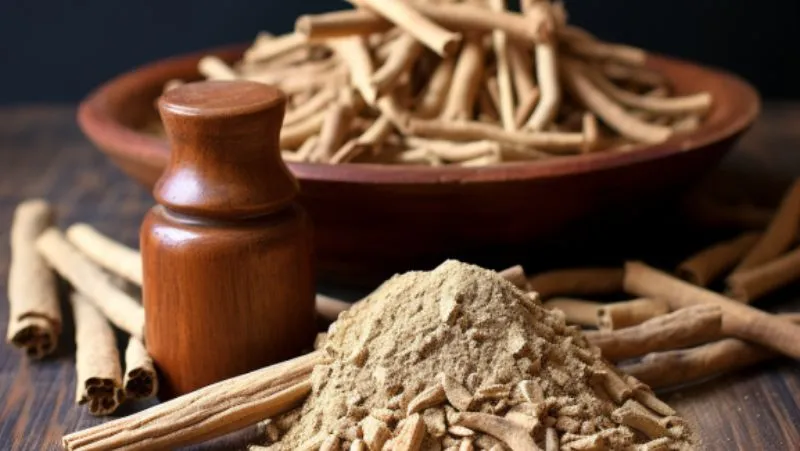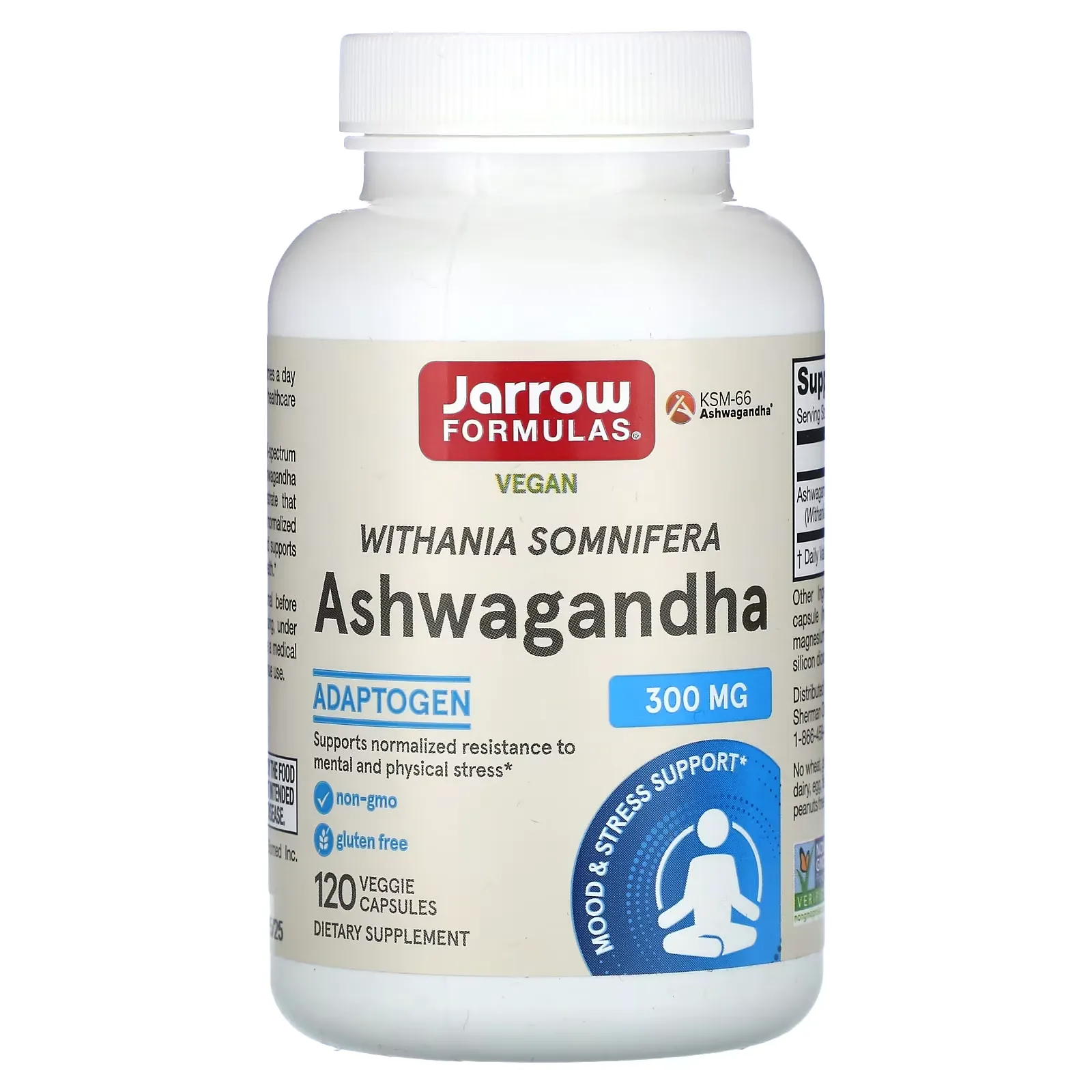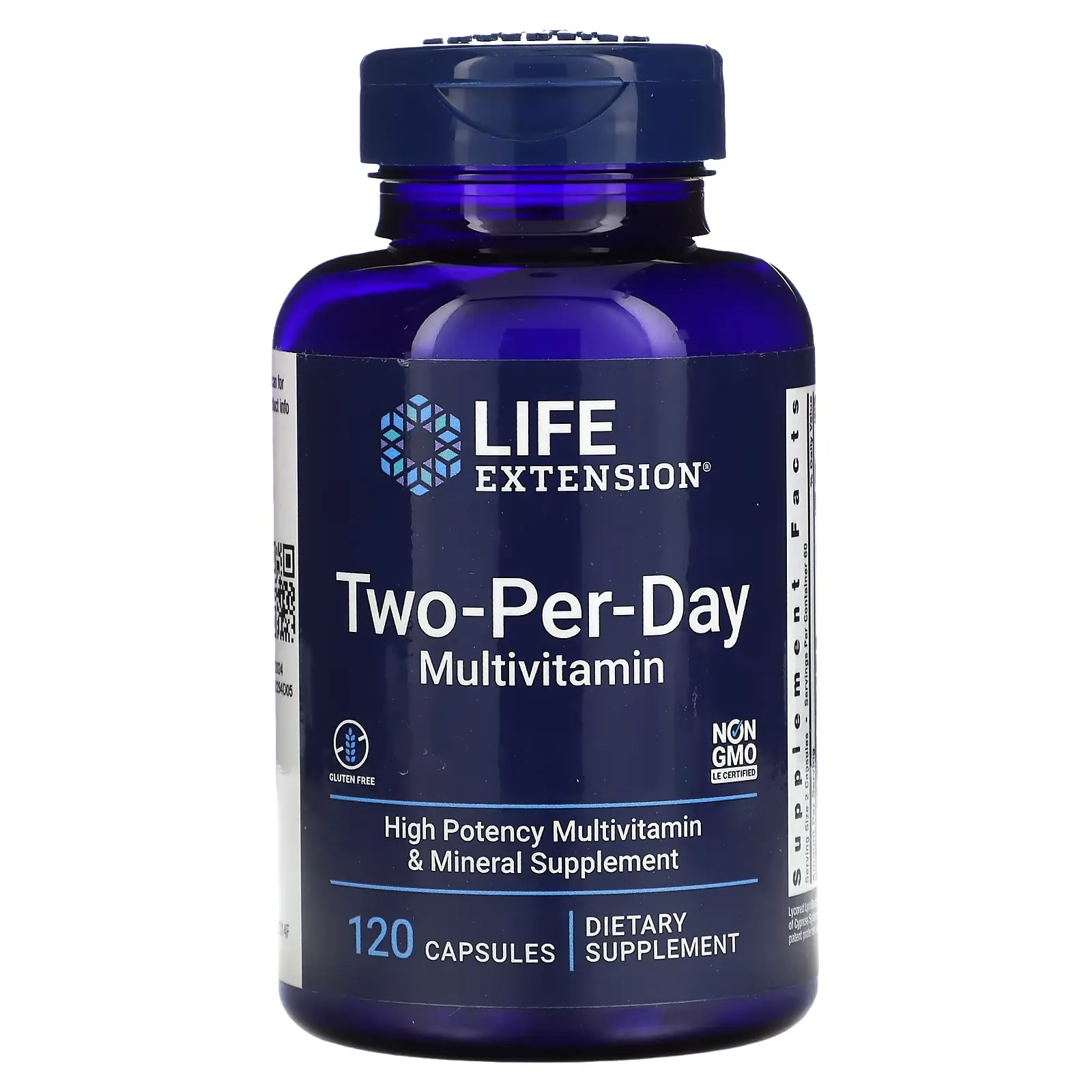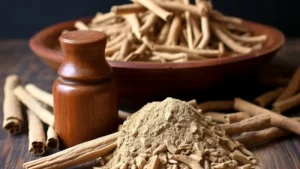Spoilers for this article
- ashwagandha (type of Indian cactus)A new formulation of theanti-inflammatoryshow activity: : The
ashwagandha (type of Indian cactus)The sustained release formulation (AshwaSR) inhibits the expression of pro-inflammatory cytokines TNF-α and IL-1β and the generation of superoxide in in vitro studies,Powerfulanti-inflammatoryactivityindicated. - The AshwaSR.stressdue todepressionand reduce anxiety: : The
Based on in vitro experiments, AshwaSR is clonic indeterminate.stress(CUS) caused bydepressionand ability to improve the state of anxietyIt was confirmed that the - AshwaSR isstressandstressExpectations for management of related symptoms: : The
From the results of these studies, AshwaSRstressand ... andstressPromising complementary therapies for the management of related mental health problemsThe drug has been attracting attention as a Large-scale, long-term clinical trials are required to further understand its effects and expand its range of applications.
"Lately.stressindicates certainty, emphasis, etc.depressionand anxiety, and they're looking for natural solutions."
."ashwagandha (type of Indian cactus)I hear good things about it, but does it really work? Is there any scientific proof?"
."stressI want to know about new complementary therapies and adaptogens to help me manage."
This article is for these people.
stressare an inevitable part of our lives.
However, if this is prolonged,depressionand anxiety, which can lead to mental health problems.
For you, we propose a new solution that can be obtained from natural plants. Its name,."ashwagandha (type of Indian cactus)Extended-release formulation (AshwaSR)"The following is a list of the most common problems with the
This article will discuss how this AshwaSRanti-inflammatoryWith activity,depressionand anxiety symptoms.
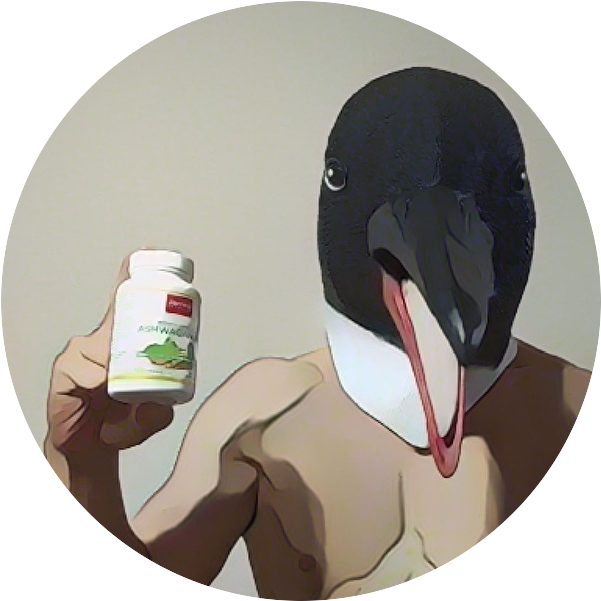
YourstressPlease take a look at this page for more information on how to deal with this issue.
What is ashwagandha in the first place?
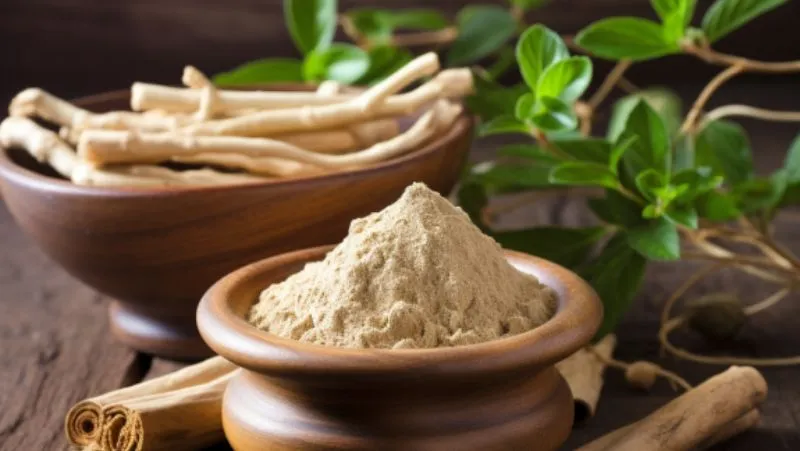
ashwagandha (type of Indian cactus)(scientific name: Withania somnifera Dunal) has been used for thousands of years in Ayurveda, the traditional medicine of India, to treat both physical and mental health problems.stressThe herb has been used as an effective medicine, tonic, and even aphrodisiac.
Nowadays, the effectiveness of these products has been proven by modern science through various clinical studies, and they are attracting attention.
The fruit is an evergreen shrub of the eggplant family. The name comes from the horse's (ashwa) smell (ganda).
Some say it is named after the robust vigor of horses.
▼Recommended Articles

Paper Outline
The paper presented in this issue ofEfficacy and anti-inflammatory activity of ashwagandha extended-release formulation against depression and anxiety caused by unpredictable chronic stress: in vivo and in vitro studies(Japanese translation)".
| (data) item | Contents |
|---|---|
| Paper Title | Efficacy and Anti-Inflammatory Activity of Ashwagandha Sustained-Release Formulation on Depression and Anxiety Induced by Chronic Unpredictable Stress: in vivo and in vitro Studies |
| author (usu. of a particular book, etc.) | Alluri Venkata KrishnaRaju, Venkateswarlu Somepalli, Shefali Thanawala & Rajat Shah |
| Magazines | Journal of Experimental Pharmacology |
| Year of Publication | 2023 |
Background and Objectives of the Study
About Stress and Adaptogens
stressis the psychological, physiological, and behavioral response that occurs when an individual perceives an imbalance between the demands placed on it and its ability to meet them.

Certain types of herbs may be used to manage these situations.
These herbs are called "adaptogens",stressIt regulates reactions and serves to keep the body in balance.

ashwagandha (type of Indian cactus)(Withania somnifera) is one of them and is recognized for its safety and efficacy.
Anti-neuroinflammatory properties and efficacy of Ashwagandha Sustained Release (AshwaSR)
ashwagandha (type of Indian cactus)is a neuroinflammation suppressor andstressIt is believed to be effective in alleviating reactions.
In this study, thisashwagandha (type of Indian cactus)AshwaSR, a new formulation that continuously releasesWe evaluated the effectiveness of the

Specifically, anti-neuroinflammatory effects were evaluated in in vitro experiments and further evaluated in in vivo experiments for anxiety anddepressionThe study investigated the effects on symptoms of
research methods
In vitro study: evaluation of anti-inflammatory activity and antioxidant effect
First, in vitro.ashwagandha (type of Indian cactus)Extended-release formulation (AshwaSR)anti-inflammatoryAction evaluated.
The study evaluated the expression of the pro-inflammatory cytokines tumor necrosis factor (TNF)-α and interleukin (IL)-1β in THP-1 human monocytes stimulated with LPS.
- LPS (Lipopolysaccharide)
-
It is a molecule found in the outer membrane of bacteria and is responsible for triggering an immune response. Once inside the body, it promotes an inflammatory response.
- THP-1 human monocyte
-
THP-1 is a cell line derived from monocytes, a type of human white blood cell. It is widely used in the study of the immune system, particularly to help elucidate the mechanisms of inflammation and infection.
- pro-inflammatory cytokine
-
Cytokines are proteins secreted by immune cells that help cells communicate with each other. Pro-inflammatory cytokines are responsible for triggering and activating an inflammatory response.
- Tumor necrosis factor (TNF)-α
-
TNF-α is a pro-inflammatory cytokine that promotes the initiation of an inflammatory response. It is elevated in certain infectious and autoimmune diseases and is sometimes targeted for treatment.
- Interleukin (IL)-1β
-
IL-1β is another pro-inflammatory cytokine that potentiates inflammatory responses. It acts as a defense mechanism for the body, but in excess it may be involved in the development of chronic diseases.

To evaluate the antioxidant effect, the ability to inhibit superoxide production was also examined in HL-60 human monocytes stimulated with PMA.
In Vitro Test: Chronically Uncertain Stress (CUS) Assessment of Depression and Anxiety States
Next, in an in vivo experiment, Sprague Dawley rats were used toCronic indeterminatestress(CUS)due todepressionand the effect of AshwaSR on anxiety states.
- Sprague Dawley rat
-
The Sprague Dawley rat is one of the breeds of rats commonly used for laboratory purposes.
It is widely used as a model for human disease and for testing the efficacy and safety of drugs.
Its gentle nature and easy handling make it the choice of many researchers.
- Cronic indeterminatestress(CUS)
-
CUS is,Uncertain over a period of timestressExperimental Techniques for Factoring AnimalsIt is.
depressionand ... andanxiety symptomsIt is often used in the study of
stressFactors commonly used include unpredictable environmental changes, such as sudden temperature changes or cage changes.
CUS is a daily humanstressIt provides valuable clues to understanding how they respond to

To investigate their effectiveness, we conducted open field tests (OFT), elevated plus maze (EPM), forced swim test (FST), and Morris water maze (MWM) tests.
- Open Field Test (OFT)
-
Open field testing is an experimental technique used to assess animal anxiety and curiosity.
This is done in a square open area and observe how well the animals move in this open space.

Movement to the center is considered an indicator of curiosity, while behavior at the edge of the area is considered a manifestation of anxiety.
- Elevated Plus Maze (EPM)
-
This test is used to assess anxiety in rats and mice.
It consists of two open arms and two closed arms arranged in a cruciform shape.

More movement to the open arm is interpreted as a lower anxiety level.
- Forced swim test (FST)
-
This test is primarily used to assess antidepressant effects.
Place the animal in the tank and observe if it swims.

The longer you float without moving,depressionThe symptoms of the disease are considered to be strong.
- Morris Water Maze (MWM) Test
-
The Morris water maze test is a technique used to assess learning and memory abilities in rats and mice.
Have them search for the platform in a maze in the aquarium and measure the process and time.

AnimalmemoryThe test will test your ability to learn and study.
findings
In vitro study results: inhibition of TNF-α, IL-1β, and superoxide production
In vitro studies showed that AshwaSR inhibited the production of tumor necrosis factor (TNF)-α, interleukin (IL)-1β, and superoxide in a dose-dependent manner.
- Tumor necrosis factor (TNF)-α
-
TNF-α is a protein that acts as part of the immune response. It is released by leukocytes during infection and inflammation. When released in excess, it can cause autoimmune diseases such as rheumatoid arthritis.
- Interleukin (IL)-1β
-
Interleukin-1β is a type of cytokine involved in the inflammatory response. It is released by immune cells when infection or inflammation occurs in the body and promotes an inflammatory response. It is sometimes used as a therapeutic target for diseases involving chronic inflammation.
- superoxide
-
Superoxide is one of the reactive oxygen species produced by the body and is oxidizedstressIt is associated with Any imbalance in the body can increase the risk of cell damage, progressive aging, and even diseases such as cancer.

These results suggest that the AshwaSR is a good candidate for neuroinflammationanti-inflammatoryactivity.
Results of an in vitro study: antidepressant and anxiolytic effects of AshwaSR in a CUS model
Results of in vitro testing,Cronic indeterminatestress(CUS)The model isdepressionand caused anxiety-like behavior.
However, treatment with AshwaSR and escitalopram (an antidepressant) resulted in improvement in the EPM and MWM models compared to the CUS group.

These results are consistent with AshwaSR'sdepressionand anxiety.
Conclusion: Summary of the anti-inflammatory and stress-relieving effects of AshwaSR
By this study,ashwagandha (type of Indian cactus)An extended-release formulation (AshwaSR) was found to inhibit the expression of the pro-inflammatory cytokines IL-1β and TNF-α and the production of superoxide in in vitro studies.

In addition, in vitro testing,Cronic indeterminatestress(CUS)due todepressionand anxiety states.
These results are consistent with AshwaSR'sstressand the potential to manage associated symptoms, indicating that AshwaSR has the potential tostresssuggests that it can be an effective complementary therapy for management.
Future Prospects and Applications: The Potential of AshwaSR for the Management of Stress and Stress-Related Symptoms
ashwagandha (type of Indian cactus)The effect of the sustained release formulation (AshwaSR) is,stressManagement andstressRelateddepressionand anxiety states have shown great potential for improvement.

In particular, inflammatory responses and oxidationstressinhibition may play an important role in neuroprotection and maintenance of mental health, and AshwaSR would be a promising measure in this area.
Challenges and Prospects for Future Research
Future studies will further understand the effects of AshwaSR and provide a broaderstressLarger scale and longer term clinical trials are needed to apply it to the treatment and prevention of related diseases.

In addition, theside effectand safety will need to be further investigated in detail.
summary

How was it? I would like to conclude by summarizing the contents of this article.
- stresshas a significant impact on our lives and results indepressionand anxiety. This is where the focus of attention comes in.ashwagandha (type of Indian cactus)It is an adaptogen called
- ashwagandha (type of Indian cactus)The sustained release formulation (AshwaSR) has anti-neuroinflammatory properties,stressdue todepressionand anxiety states. This has been confirmed in in vitro and in vivo experiments.
- In in vitro studies, AshwaSR inhibited the production of inflammation-causing substances (TNF-α, IL-1β, and superoxide).
- In vitro testing is clonic indeterminate.stress(CUS) caused bydepressionand anxiety states were significantly improved.
- These results indicate that AshwaSRstressand ... andstressIt has been suggested that it may be effective in the management of related symptoms.
Future research will address issues such as how effective this formulation is in humans and how to optimize it.
We hope this research will be a step forward in opening up new possibilities for you in your pursuit of health.

That's all for this article. Thank you for reading to the end.
Disclaimer
This site is primarily intended toashwagandha (type of Indian cactus)to provide information about the results of the study and not to provide medical advice.
It is not intended to diagnose, treat, or prevent any specific disease or condition.
Always follow professional advice when using the information on this site.
We also cannot be held responsible for any loss or damage that you may suffer as a result of acting on the basis of the information on this site.
Use of AI in Content Generation
This website uses AI-based automatic generation for some content.
The information generated by this automatic generation is checked against actual references and articles, and great care is taken to ensure accuracy and reliability.
It is also intended to enhance the transparency and credibility of this site by appropriately disclosing content created through automatic generation.
We believe that this site can provide richer and more useful content through automation and AI-based content creation, which will enable us to provide information more quickly and accurately.
